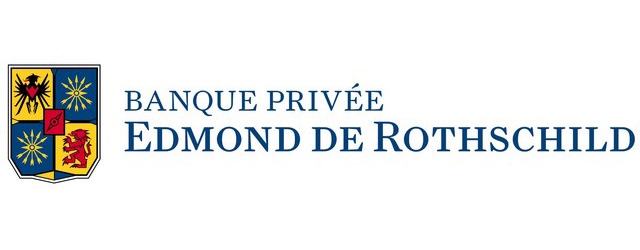Edmond de Rothschild is only the latest casualty in Asia’s increasingly competitive private banking arena.

“There are three principal ways to lose money: wine, women and engineers. While the first two are more pleasant, the third is by far the more certain”, famously said baron Edmond James de Rothschild. As it turns out, there is yet another very effective way: doing private banking in Asia.
Almost a quarter of a century after establishing a representative office in Hong Kong, and just four years after opening a full branch, Swiss wealth and investment manager Edmond de Rothschild has announced that it will be closing down its only Asian outlet. The bank, Reuters reported, has already relinquished its China banking license and will run its Japan and Korea operations from its home base in Geneva as a result of rising cost pressures.
Edmond de Rothschild is only the latest casualty in the increasingly competitive private banking arena. According to a survey published by Asian Private Banker, assets under management at the top 20 private banks operating in Asia declined 4.3% to $1.47 trillion in 2015, with half of them recording negative or flat year-on-year growth. The Securities and Futures Commission (SFC) of Hong Kong also reported that the transaction amount of collective investment schemes in the former British colony dropped by 15% from $65 billion from April 2015 to March 2016. In the same period, however, the number of firms which reported to have engaged in the sale of investment products increased by 15% from 213 to 244.
While western private banking and wealth management firms have been attracted to the growing pool of wealth in Asia, many have found it difficult to comply with costly regulatory requirements and compete with local institutions, which have significantly grown their balance sheets and wealth management services in recent times.
The Edmond de Rothschild announcement came just days after Dutch lender ABN Amro sold its private banking operations in Asia and the Middle East to Liechtenstein’s LGT. In November, Barclays sold its wealth and investment management business in Singapore and Hong Kong to Bank of Singapore and, in October, Australian bank ANZ announced the sale of its wealth management and retail units in five Asian markets to Singapore-based DBS. While other banks step back from wealth management, DBS has been moving aggressively to bulk up its wealth advisory services, acquiring, for example, the private banking activities of Société Générale in Singapore and Hong Kong two years ago. In April, RBS sold off its international private banking operations in Hong Kong and Singapore under the Coutts brand to UBP.
Some experts say it is necessary for banks to show commitment to the region and be clear about their core strengths. One might argue that Edmond de Rothschild has been doing precisely that, and for much longer than most boutique banks now operating in Asia. The chief executive officer of the Hong Kong unit, Jing Zhang Brogle, even said publicly that “contrary to some media reports, the branch has not begun the application process to relinquish its banking license and it will not cease operations by the end of December [2016].” The bank, however, confirmed the closure in a statement, adding that it will “selectively exploit” opportunities in the region through partnerships with local players, such as SMBC Nikko Securities and Samsung Asset Management, as they come along.
Its competitors, make no mistake, will not sit quietly and watch.



